Why did they mention the annoying mosquito so many times yet say so little about them?
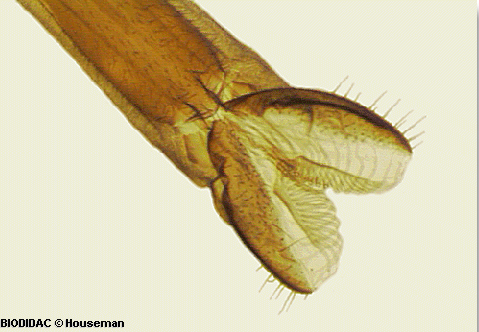

Potts, might have called it a grosser Mücke (large gnat) or a Stechmücke (biting gnat). Labiche and Drouillard might have called it a cousin or a moucheron. But ever since early Colonial days it has chiefly been known in America by its Spanish name, mosquito.
Mosquito Ills and Cures
by Joseph A. Mussulman

Symptoms of the ague, a disease that would later be called malaria, were recorded in the journals. Unknown to anyone at that time, this illness was carried by mosquitoes. What did they do to prevent bites and treat mosquito-born illnesses?
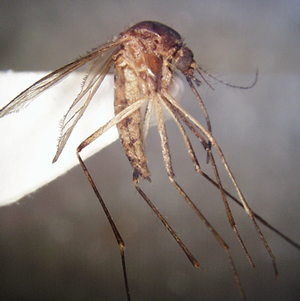

“Our trio of pests still invade and obstruct us on all occasions, these are the Musquetoes eye knats and prickley pears, equal to any three curses that ever poor Egypt laiboured under.”
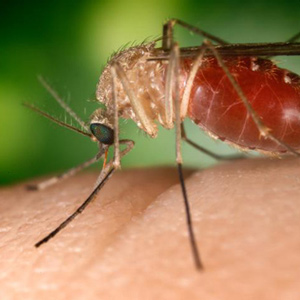

Lewis displays his talent for seeing the world metaphorically. Perhaps he wrote this vignette as he slapped at mosquitoes, waved off gnats, or plucked barbed spines from his feet.


Poets and philosophers have meditated on it. The early Roman naturalist Pliny the Younger (ca. 30-ca. 112 AD) complained, “Who gave the mosquito so terrifying a voice, infinitely greater than it should be in comparison to the size of its body?”
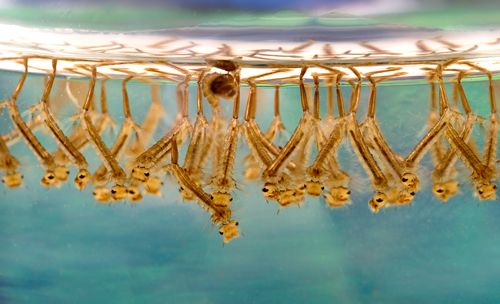

For nearly 100 years, the Lewis and Clark Expedition’s full contribution to natural science was underpublished and a disappointment to many scientists expecting to learn more about the natural history of the regions explored. When it came to the mosquito, these naturalists were doubly disappointed.
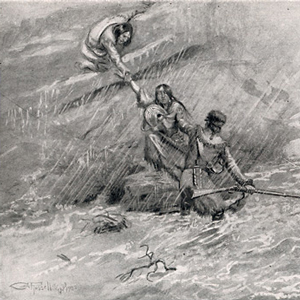

Lewis writes: “the bier in which the woman carrys her child and all it’s cloaths wer swept away as they lay at her feet she having time only to grasp her child.” This bier, then, is a bar or net serving to keep mosquitos from one’s personal blood supply.
